By Zain Jaffer
Adapting to change
Zain Jaffer is a real estate and property tech investor at Zain Ventures who sold his mobile ad startup Vungle in 2019 to private equity firm Blackstone.
In my younger years, I recall the birth of the Internet. At that time, although I had an inkling of what it could do, the first time I heard about it did not create an immediate desire to seek it out. It took a while before I made the effort to learn about it and eventually launch my own successful mobile advertising technology startup, Vungle, which I sold in 2019 to the private equity group Blackstone for $780M.
We humans are mostly creatures of habit. It perhaps evolved from thousands of years of learning how to survive in the wild. Some of the actions we did resulted in death or injury, while some resulted in success. Maybe for the cavemen it was the feast of being able to get their food for the day and not become hungry. For the modern corporate person, it could be what gets them promoted or earn their salary.
There’s a quote from Upton Sinclair that says that “It is difficult to get a man to understand something when his salary depends upon his not understanding it.” It is understandable where that comes from, especially if you are the low man on the totem pole. You basically follow what you are told to do.
We also need order in our society. If everyone does their own thing, we will have anarchy. We need some presumption or expectation of regularity in the way people react or behave.
Having said those things, it is also important that we progress as a species because we can adapt to change. It is important that we achieve new goals, new milestones in life. Where would America be for example, if it did not develop vaccines, land on the moon, develop automobiles and airplanes, and transact on the Internet? All of those had risks.
What I mean is that sometimes when you see that the world has changed, you either change to adapt to it or it will wipe you out.
The first few airplanes, if viewed from our perspective now, were unsafe. They are still even today finding defects in cars, airplanes, online shopping, tires, food items, and other things. Supposedly what keeps us safe is because we manufacture these things using a tightly controlled manufacturing process. A tight well defined business model.
So when do you break that model? The late Intel CEO Andy Grove wrote a bestseller book called Only the Paranoid Survive. In that book, Grove talked about “Strategic Inflection Points,” or those changes in the business environment, in technology, in politics, economics, and other fields, that can threaten to totally wipe out a business or industry. Think of the pager business, the cassette tape business, or the payphone business. All of those no longer exist.
Take for example how Nokia decided not to jump aboard the Google Android bandwagon and instead focus on the Symbian operating system. Or how Blockbuster, the leader in home video during the Eighties, decided not to purchase a small upstart called Netflix. All of these management decisions were fatal flaws that eventually killed them off.
You cannot really take every news development that happens in the world and try to imagine how that can impact your business. No one has enough hours to do that, and you will end up having your efforts scattered and unfocused. But we all do the best we can.
So now we have Artificial Intelligence (AI), we have blockchains, Work from Home, online shopping, and the like. While we may not have time to dive indepth into each, just like the hunter who scans around him for lurking threats, at the very least we need to observe and analyze developments. We cannot just remain comfy in our offices thinking that people are still buying our products and services because they need it. In the future they may not, and if you have not adapted to that, you might not have enough time to pivot.
We all need to have a keen eye or sense of how some tiny developments may eventually impact our businesses in a huge way, and have a plan how to adapt to it in time for when it arrives with full force.

